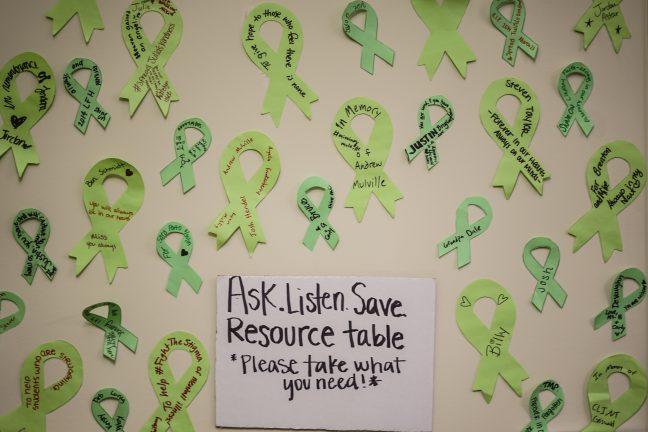Mental health has become an increasingly important topic of note in modern discourse. Studies by institutions such as the World Health Organization show troubling patterns of mental health conditions on the rise globally, and many are scrambling to find the culprit.
No single event or social issue can be labeled as the sole cause of this steady increase, but one particularly potent contender in the eyes of many is the COVID-19 pandemic. The pandemic has been disastrous for a host of reasons, not the least of which being its impact on mental health. To this day, millions of Americans continue to struggle with its mental and emotional consequences.
In a study done by the Pew Research Center, 58% of Americans between the ages of 18-29 have experienced high levels of psychological distress at least once since the beginning of the pandemic, and these numbers are not declining. The exponential demand for anxiety and depression care has remained high for three consecutive years, leaving mental health resources and professionals unable to accommodate many patients seeking help.
Zoning changes in historic districts offer inclusive solution to housing crisis
This rise in individuals seeking care is not distributed evenly across society. Mental health conditions are becoming more common across the globe, but the likelihood of experiencing anxiety or depression varies among racial groups. Since the beginning of the pandemic, deteriorating mental health has disproportionately affected communities of color. For example, Black people are more likely to report serious psychological distress compared to their white counterparts. This is not a coincidence.
This may be because communities of color must cope with severe stressors that do not affect white people. For example, Black people face daily discrimination, anti-Black microaggressions, systematically higher unemployment rates, fewer job opportunities and unequal pay than whites alike. These are all prominent causes of stress that white people do not have to deal with at the same rate.
Because of greater societal stressors, mental illness is more likely in the Black community, but Black patients are less likely to seek out mental health care. This is partially because people of color face unique obstacles when accessing mental health care.
There is a variety of deterring factors that range within and beyond the healthcare system. Research from the Kaiser Family Foundation suggests that people of color are not able to seek mental health care at the same rate as their white counterparts because they must go through social obstacles, structural inequalities and commonly a lack of health insurance. Exacerbated by the pandemic, these barriers stem from broader social and economic inequalities that the communities of color are forced to grapple with.
Further, there is a lack of diversity in the mental health care workforce, which may dissuade patients of color from utilizing what little resources are available. In 2019, 88% of mental health counselors were white. For people of color, finding a therapist or other person who shares and relates to a unique racial or ethnic background can be difficult or discouraging. White therapists and mental health counselors are not equipped to adequately address specific cultural needs.
Besides these external forces, there are social barriers within these communities that prevent individuals from seeking help. For example, Black people may have a general distrust of the medical establishment, streaming from historical injustices like the Tuskegee experiments. Not to mention, there is the terrifying potential that openly addressing mental illness will result in legal repercussions rather than being offered the necessary treatment or medication.
The mental health care system and America’s perception of mental health have a long path to reform. There are not nearly enough resources for patients of color troubled by anxiety and depression, not to mention the ongoing social stigma surrounding mental illness. Improving a decades-old system does not come overnight, but there are other paths that can be taken to better support these communities.
For example, a local wellness group in Dane County is focusing on prioritizing the destigmatization of mental health among Black men. The program’s meetings include discussion time, meditation or yoga sessions and other activities meant to increase vulnerability and open up about shared traumas and mental health issues faced by men of color.
Programs like this are useful because each racial group has unique factors attributing to anxiety and depression. A safe space for people of color to come together might help eradicate the stigma surrounding mental health.
UW’s meat alternatives face public concerns over price, health stigmatizations
While improving the stigma surrounding mental health within communities of color, mental health care facilities can simultaneously seek systematic reform. In order to engage with people from all racial and ethnic backgrounds, mental health care facilities need to promote culturally sensitive care . The most efficient way to do this is through diversifying the mental health care workforce and making an effort to implement tools that address racial trauma, like the Racial Trauma Scale.
There are multiple steps that need to be taken to create a more inclusive mental health care system, and the first one is recognizing that not all racial groups experience mental illness in the same way and from the same causes.
Abigail Handel ([email protected]) is a freshman studying journalism and political science.




















